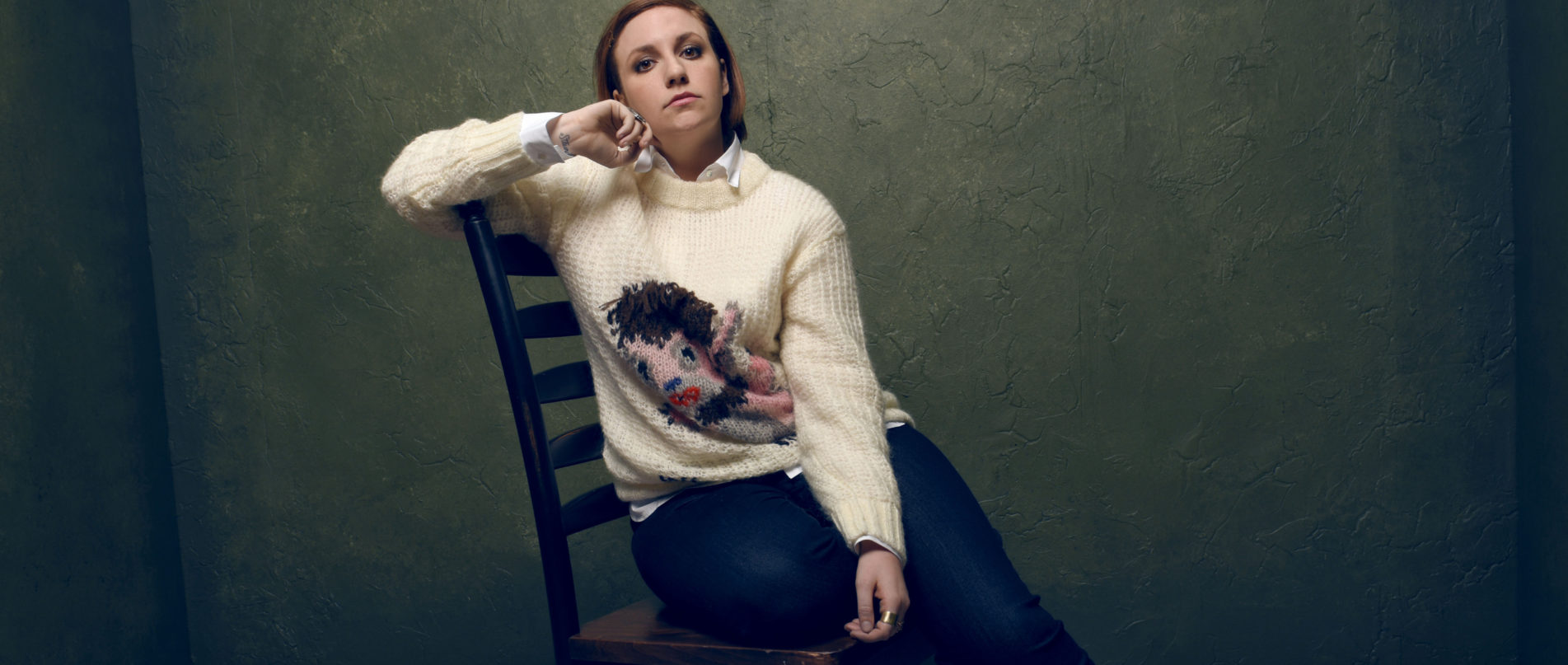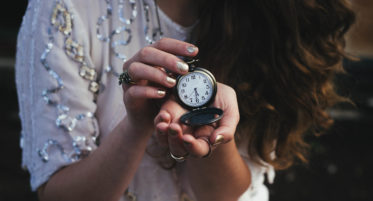
Prompt Images
“And so I’ve sort of just made the decision to be OK with the fact that I’m not going to love everything that I put out into the world, and I kind of go, well, maybe, my hope is oh maybe it’ll sometime be helpful for another young artist to sort of see my development and see the way that it—that I sort of lived out loud a little bit.”
— Lena Dunham, Fresh Air with Terry Gross
I first heard of the actress Lena Dunham four years ago when Terry Gross interviewed her for Fresh Air. I was thirty-seven, my twenties pretty far in the rearview mirror. Lena Dunham was 25 and had a new television show on HBO, in which she was writing, producing, and starring. The show was all about young women in their twenties living in New York City and was to be called Girls.
Lena Dunham Has Opinions
Lena talked about writing, she talked about art, she talked about feminism. She talked about the (valid) criticism of her show’s lack of diversity. Porn and its effect on the sex lives of men and women her age. How much she had learned up to that point and how much she still had to learn. She had thoughts and opinions and ideas, and she expressed them all with eloquence.
My first impression was total disbelief that anybody could sound so self-possessed at the age of 25. I’m pretty sure that at the age of 24 my top concerns were saving on bulk cases of ramen and figuring out how to conceal the pot smell in the apartment so that the landlord didn’t catch wise. My twenties were just so formless in comparison to this person I was now hearing. I had been an actress and I worked very hard at that, but everything else about me was sort of up for grabs—especially when it came to men. You’re a guy who likes hiking? That’s what I’ll be into. Fine wines? Fine with me. The Bulls, the Bears, the Brooklyn Cyclones? What time is kickoff and what should I wear?
Lena Dunham Has a Show
I decided I had to get ahold of this show Girls and see what it was all about.
What it was about wasn’t much, really. People had sex and broke up and made each other angry and had no money, and they had humiliations and triumphs and clashes with their parents. A lot of it reflected my experience as a younger woman and a lot of it didn’t, so the viewer in me wasn’t necessarily blown away. But there was Lena in the center of it all, and the actress in me was downright amazed.
See, Lena Dunham has the average looks and average figure of a woman who is not usually allowed to be seen on TV. An actress like her might be allowed to be cast as a small part somewhere in a project, but not as the lead, certainly not as the lead who had sex or took her clothes off. The pudgy friend, or the chubby waitress, or like a car rental agent with a slight metabolism problem; these are the parts you get sent out for if you had a body like hers, a non-Hollywood body. I know this because during the years I was an actress, those were the parts for which my agent sent me. “You’d be playing the pre-diabetic barista,” my agent would say, shrugging. “The CW is putting a lot of money behind this show, so it might be going places.”
Lena Dunham Has Moxie
But there Lena was on Girls anyway, daring to have a life. Having sex. Taking her clothes off, in pretty much every episode I saw. “She’s not allowed to do that,” I thought. “Hasn’t anyone told her she’s not allowed to do that!?” As I watched, I half-expected to see some network exec burst in and drag her right off screen, cloaking her breasts and butt under a navy blue Snuggie with an HBO logo on it.
It never happened. Lena Dunham kept right on telling the stories she wanted to tell on Girls and getting naked when she wanted to, showing her body from every angle and making it seem normal. And, I eventually realized, it was normal. Her body was hers and it was a normal body and therefore—so was mine. And so was every body. If anyone tried to make you feel that it wasn’t, well, you didn’t have to let them. Feeling like that was optional. It was a choice.
Certainly no one had ever told me that before, and it wasn’t something I could have come to on my own. It really made me wish I’d had her as my friend when I was that age. It made me hope that all of the women in those casting office waiting rooms, clutching their headshots and looking up hopefully as the door opened to admit yet another “Pudgy Waitress” to their ranks, I hoped they all figured it out at some point along the way, too. The box they wanted us to get comfortable in was much too narrow, much too confining. It was never meant to hold all of us for very long.



